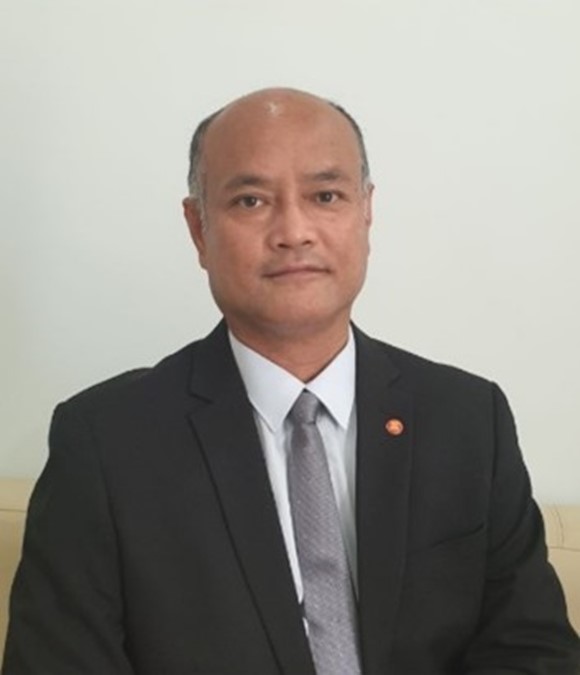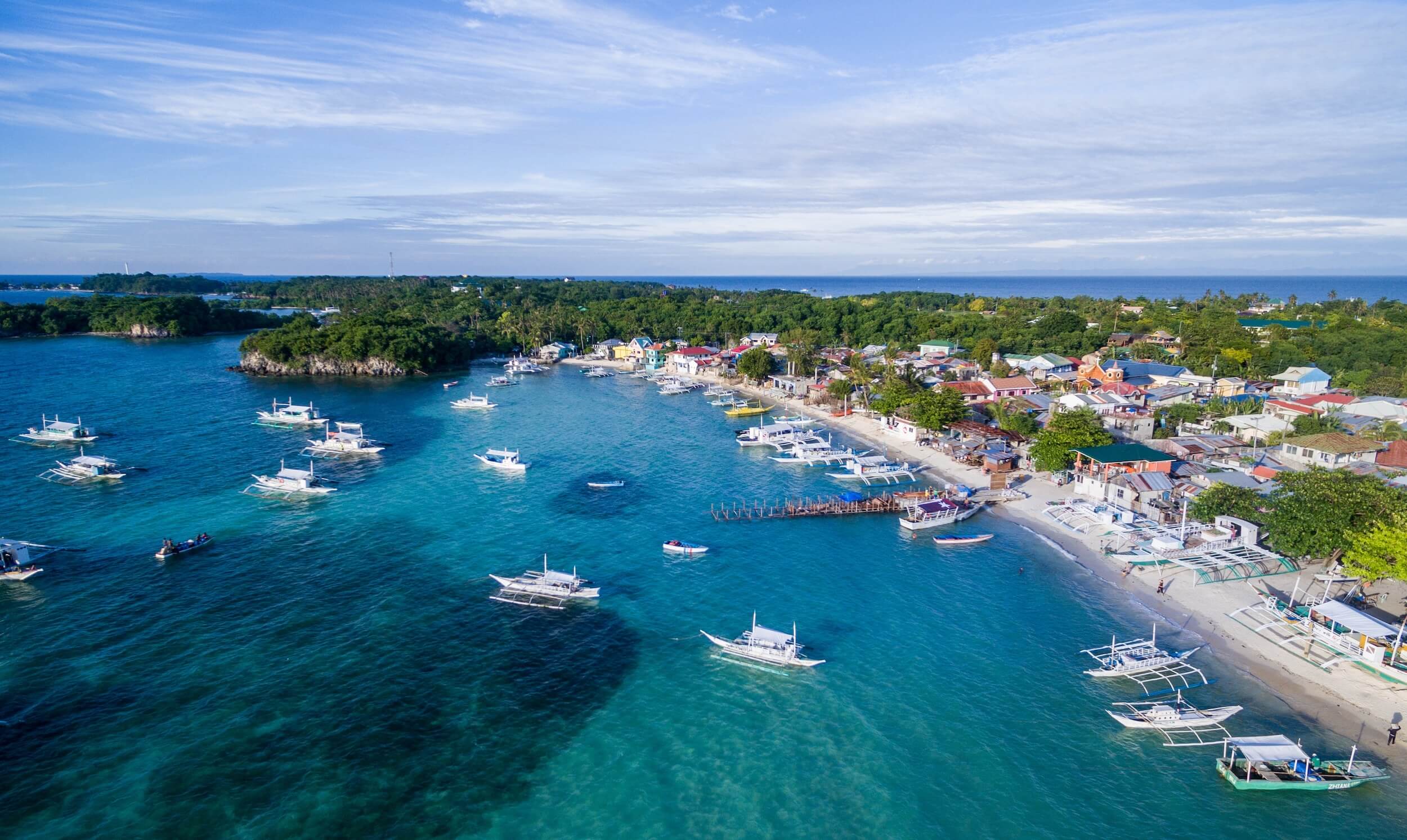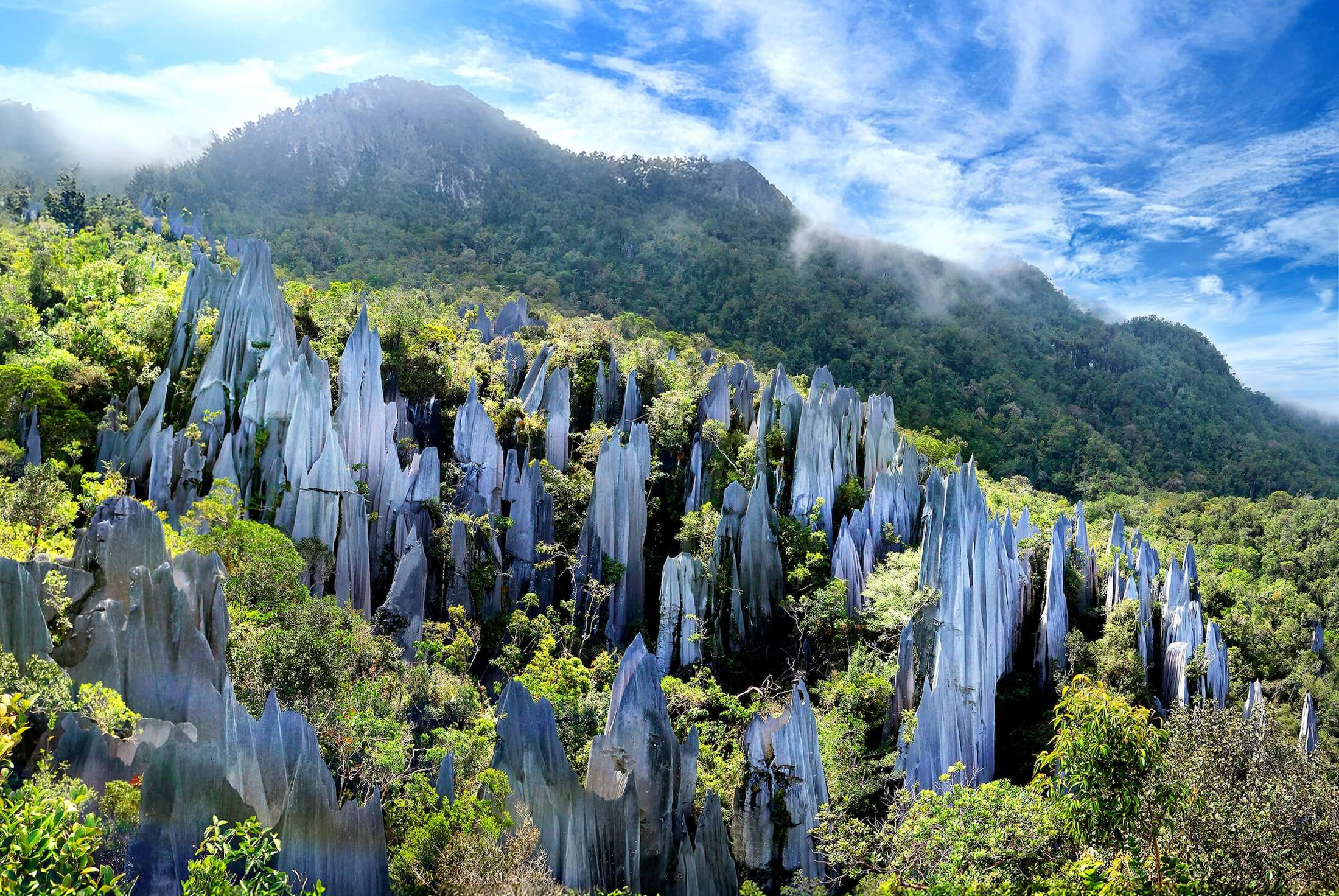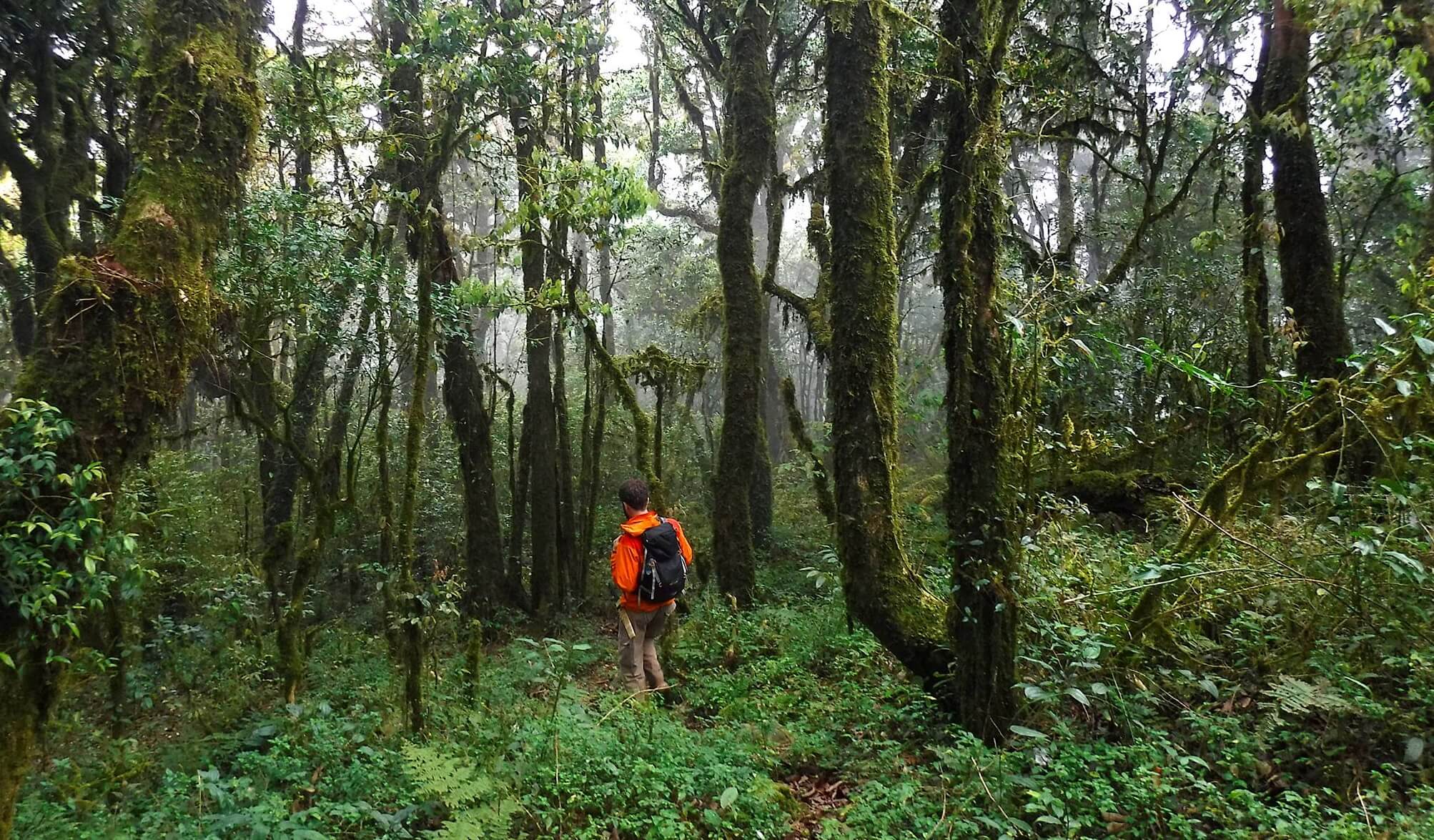





The year 2020 has been a year of unprecedented events, brought on by the spread of COVID-19 across the world. The pandemic has significant impacts not only on public health and economic growth but also on the environment.
It magnifies the existing threats of plastics waste and marine debris. It has forced the postponement of the global discourse on climate change, biodiversity, and other environmental issues to 2021.
ASEAN adapted quickly to these challenges and persevered in advancing cooperation on environmental protection and conservation. Among others, these are in the areas of marine debris pollution, climate change, and biodiversity conservation and other initiatives that will contribute to the ASEAN Community Vision 2025.
Combating Marine Debris
ASEAN has some of the longest coastlines, most beautiful beaches, and the richest ocean resources that provide vital goods and ecosystem services such as food, water, medicine, and climate regulation. For ASEAN, ocean-based industries serve as important economic development drivers, representing critical sources of employment and income, especially for coastal communities. However, the oceans and coasts are cumulatively under immense pressure and threats in the region and globally, not only from overfishing, coastal development, and climate change, but also from the pressing issue of marine debris pollution.
Recognising the transboundary nature of the issue and the need for coordinated action, ASEAN under the leadership of Thailand adopted the Bangkok Declaration on Combating Marine Debris in ASEAN Region and the ASEAN Framework of Action on Marine Debris in 2019 and is currently finalising an ASEAN Regional Action Plan on Marine Debris to operationalise the Declaration and the Framework. The Regional Action Plan will serve as a critical roadmap for ASEAN to move forward in a collective and coordinated manner to fight against marine debris over the next five years.
In preparation for the Regional Action Plan implementation, several groundwork initiatives have been well in progress this year to contribute to creating enabling conditions. These include support to local capacity building, scaling-up model practices and policies on solid waste management to minimise leakage to the ocean, and national action plans for reducing plastic pollution in ASEAN countries. ASEAN also continues to exchange experiences and identify shared solutions to address the magnified threats of marine plastic debris in the context of the COVID-19 pandemic in the region.
Addressing the marine debris issue holistically will require a transformational shift to sustainable consumption and production patterns as well as circular economy approach. To this end, ASEAN is conducting a feasibility study on establishment of an ASEAN Circular Economy Stakeholder Platform and ASEAN Sustainable Consumption and Production Framework, which would promote knowledge- sharing and dialogue among policymakers, the business community, and civil society in ASEAN on opportunities and obstacles to a shift to more circular practices. It is now more critical than ever for all ASEAN citizens, as consumers, businesses, and responsible members of society, to be involved and take an active part in the implementation of ASEAN’s efforts in combating marine debris. Post-COVID-19 recovery will be an opportunity to transform the way we live and conduct business to cope with future risks and strengthen resilience.
Advancing Climate Action
As a region with long and heavily populated coastlines and a heavy reliance on agriculture for livelihood, especially for a large segment of the population living below the poverty line, ASEAN is among the world’s most vulnerable regions. ASEAN has witnessed the global impacts of climate change, from water shortages and drought to floods and tropical cyclones. For societies most vulnerable to climate change, the current COVID-19 pandemic only magnifies their vulnerabilities. Strengthening adaptation and resilience is, therefore, among ASEAN’s priorities. The ASEAN Leaders recently adopted the ASEAN Declaration on the Strengthening of Adaptation to Drought at the 37th ASEAN Summit last year, to promote a longer-term, holistic, and more strategic approach, including a regional framework to strengthen adaptation to drought.
As a fast-growing region, ASEAN sees significant progress and urbanisation and the increasing demand for raw materials from land, water, forests, and energy and transport. As part of ASEAN’s commitment to low carbon development, ASEAN takes the lead in several climate initiatives, such as convening the Special ASEAN Ministerial Meeting on Climate Action, and developing ASEAN joint statements on climate change, and support to national actions. However, more action is needed to enhance our efforts, including transformative change to achieve nationally determined contributions or NDCs. Initiatives are underway to support the ASEAN Member States in developing long-term low- GHG-emission development strategies.
Despite the delay of the global climate talks last year, our responsibility to contribute to climate action for our future generations, our region, and our planet remains. Just as businesses learned to adapt their operations to the new norm during this pandemic situation, individuals must also collectively move forward in climate action by, among others, making use of technology and 4IR opportunities to complement existing efforts.
Mainstreaming Biodiversity Considerations into Development and COVID-19 Recovery Process
ASEAN is home to rich biodiversity that provides significant natural capital and ecosystem services to support people’s well-being and livelihoods, and economic growth. However, the region has experienced a biodiversity decline over the years. The decline of species, coupled with increasing proximity between humans and wildlife through expanding human activities into their natural habitats, could trigger the spillover of pathogens from animals to humans, causing zoonotic diseases, also known as zoonoses like COVID-19. Zoonoses have caused two-thirds of known human infectious diseases and 75 per cent of the new and emerging ones. More than 70 per cent of the diseases are associated with wild animals. Other studies suggest that 90 per cent of zoonotic diseases came from wildlife.
ASEAN established the ASEAN Centre for Biodiversity (ACB) to support ASEAN countries in preventing further biodiversity loss and promoting sustainable use of biodiversity resources. Considering the complex links between biodiversity and human health, mainstreaming biodiversity considerations into development and the ASEAN Comprehensive Recovery Framework has been identified as the primary focus for ASEAN to move forward its biodiversity conservation efforts. Participation of youth in ASEAN as a catalyst for regional sustainability was also continued to be sought by ASEAN, evident by the successful conduct of youth-led webinar series on ASEAN Youth and COVID-19 this year.
ASEAN will continue to advance its initiatives on biodiversity conservation by, among others, expanding the existing f lagship ASEAN Heritage Programme, and strengthening research and policies on zoonotic diseases and biodiversity conservation to prevent future risks of zoonotic pandemics.
Building Partnerships
Our planet and its resources belong to global citizens, so everyone’s action and contribution to building a better future for ASEAN are critical. The progress that ASEAN has made so far would not be possible without a strong partnership with ASEAN dialogue and development partners and various stakeholders. Last year, ASEAN had constructive dialogues and fruitful cooperation with partners on a wide range of environmental issues. ASEAN looks forward to a continued and strengthened partnership with dialogue and development partners, international organisations, financial institutions, industry and private sector, academia, and civil society to build back better.
Gearing Up Towards 2021
The year 2021 will be the year of renewed commitments as ASEAN reflected on the achievements and lessons learned from the mid-term implementation of the ASEAN Community Blueprints 2025. This year, many ongoing initiatives will inform and lay the groundwork for ASEAN’s direction towards achieving the ASEAN Community Vision.
The ongoing crisis brought on by the COVID-19 pandemic undoubtedly presents an enormous challenge yet tremendous opportunities to build back better through green recovery. The 37th ASEAN Summit in 2020 has adopted the ASEAN Comprehensive Recovery Framework, which reflects ASEAN’s optimism and ability to take advantage of the situation to find innovative ways to address the needs of the people further. Embedded as one of the recovery plan’s broad strategies is to advance towards a more sustainable and resilient future.
Brunei Darussalam’s ASEAN Chairmanship for 2021 with the theme ”We Care, We Prepare, We Prosper” will continue to accelerate efforts to recover from the pandemic and realise the ambitions of an ASEAN Community. To this end, the support and contribution of dialogue and development partners, as well as various stakeholders, are essential to help shape the regional outlook and ASEAN’s post-2025 Vision. In the spirit of ASEAN, we will continue to join hands and act for ASEAN’s better future.








